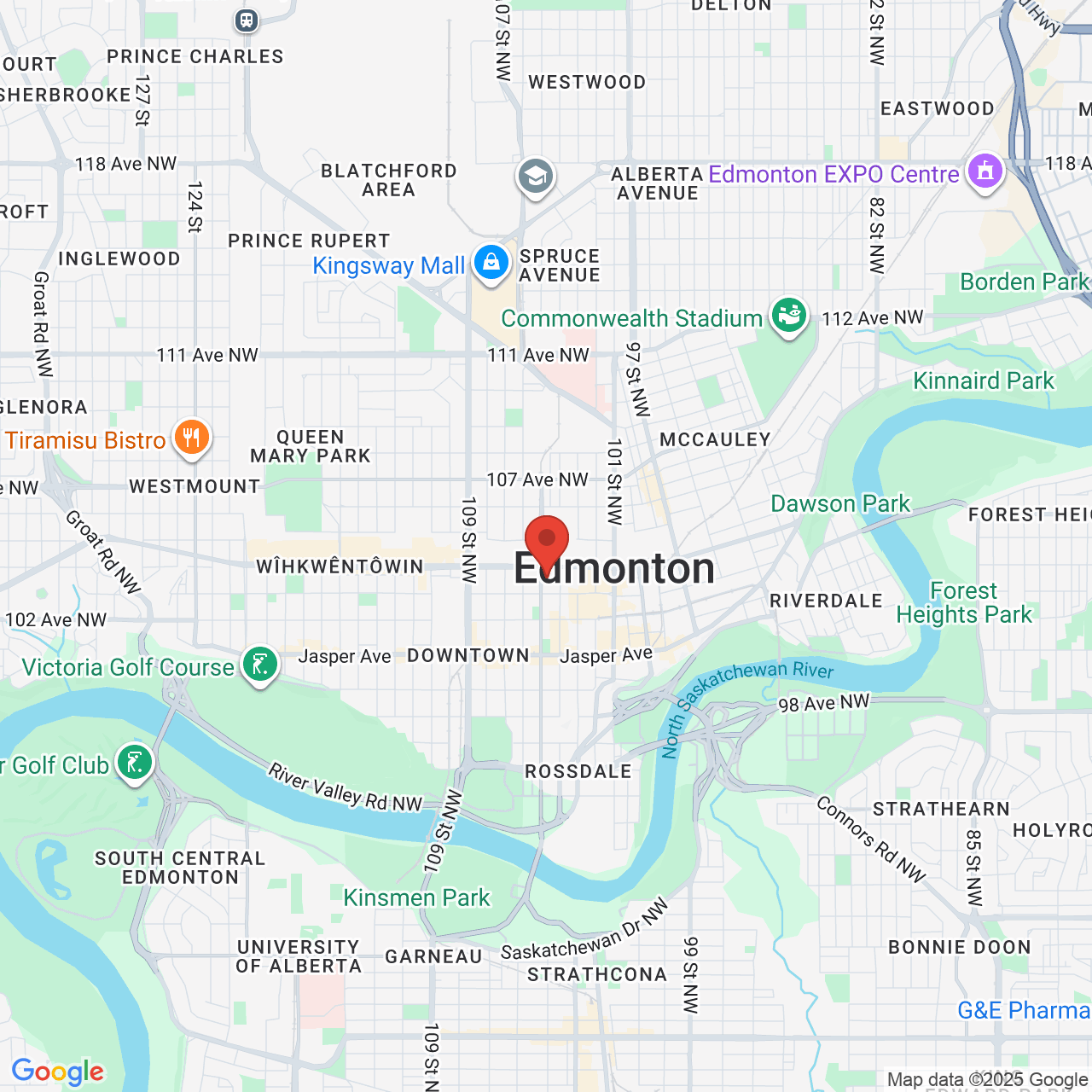Root Canal Retreatment
 A root canal infection affects the nerves and tissues in the pulp of the tooth, as well as the canals of the root system. Root canal infections cause symptoms such as pain, inflammation, and increased sensitivity. Root canal therapy is the only effective treatment for a root canal infection. Root canal therapy eliminates infected tissues and restores a protective layer around the tooth.
A root canal infection affects the nerves and tissues in the pulp of the tooth, as well as the canals of the root system. Root canal infections cause symptoms such as pain, inflammation, and increased sensitivity. Root canal therapy is the only effective treatment for a root canal infection. Root canal therapy eliminates infected tissues and restores a protective layer around the tooth.
Root canal therapy has a proven record of success, but in rare situations, problems develop. The doctors at DentaCare Group in Edmonton, AB, recommend root canal retreatment when root canal therapy is unsuccessful or a tooth is reinfected. Here, we provide an overview of a root canal retreatment procedure.
Reasons for Root Canal Retreatment
The majority of root canal therapy procedures are a success. The need for root canal retreatment is rare and is nearly always due to unexpected complications. Some of the most common reasons for root canal therapy retreatment include:
- Curved or narrow root canals that were missed (not cleaned) during the initial root canal therapy
- Cracked dental crown
- New decay to the treated tooth
- New fracture or oral injury on the treated tooth
- The treated tooth failed to heal properly
What to Expect During Root Canal Retreatment
At the beginning of root canal retreatment, all dental restorations and packing materials are removed from the tooth, giving the dentist access to the inner tooth structure and root canals. We use a local anesthetic to numb the tooth before starting the procedure.
After the dental crown and canal filling are removed, root canal retreatment is similar to the initial root canal procedure. The dentist carefully examines the inside of the tooth and the length of the root canals. The inner tooth structure and the root system are cleaned to eliminate bacteria or infected tissues. Once the tooth is clean, it is filled and sealed with a rubber-like compound. A temporary crown or filling is placed to protect the tooth until the final stage of treatment.
Patients return to our Edmonton practice to complete treatment with the placement of a permanent dental crown. The crown seals and protects the tooth to block out harmful bacteria and prevent further infection.
Is Root Canal Retreatment Painful?
As with root canal therapy, pain is one of the biggest concerns expressed by our Edmonton patients regarding root canal retreatment. Root canal retreatment should not cause any pain or significant discomfort. The procedure is performed with a local anesthetic that numbs the treated tooth and surrounding tissues. Additionally, we offer sedation options such as nitrous oxide (laughing gas) to relax patients and ease dental anxiety during treatment.
Root canal retreatment eliminates oral pain and other uncomfortable side effects of root canal infection. The procedure restores a tooth’s health and strength so patients can resume oral functions comfortably and securely.
Contact Us
If you have previously undergone root canal therapy and are experiencing symptoms such as pain, inflammation, or advanced tooth sensitivity, you may be an ideal candidate for root canal retreatment. To discuss your situation with doctors at DentaCare Group, send us a message online or call (780) 428-6846 and schedule an appointment at your earliest convenience.


